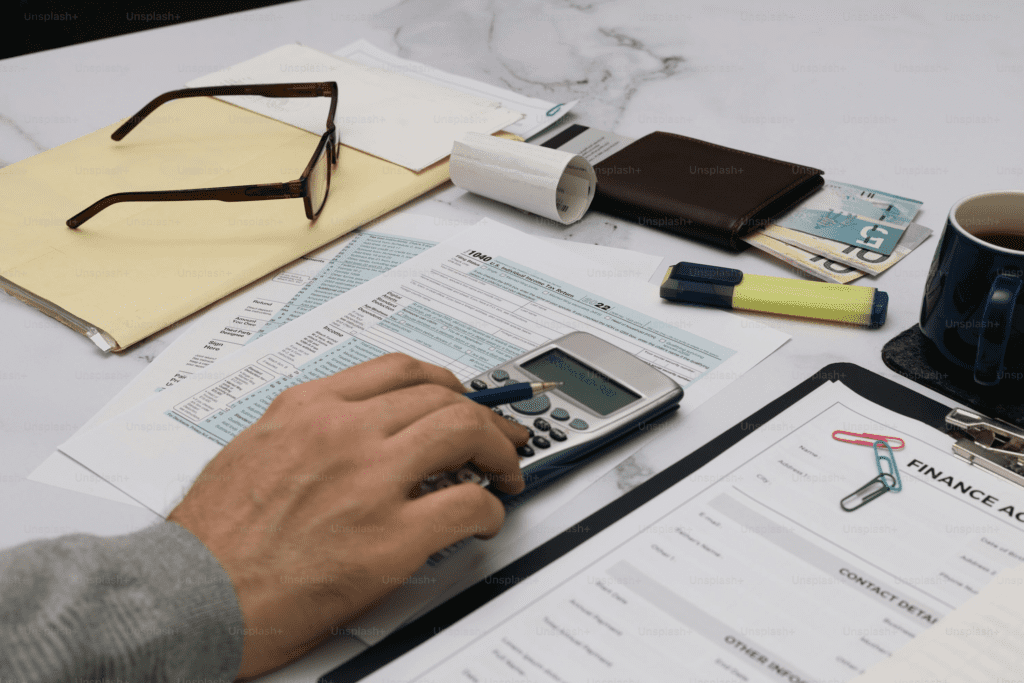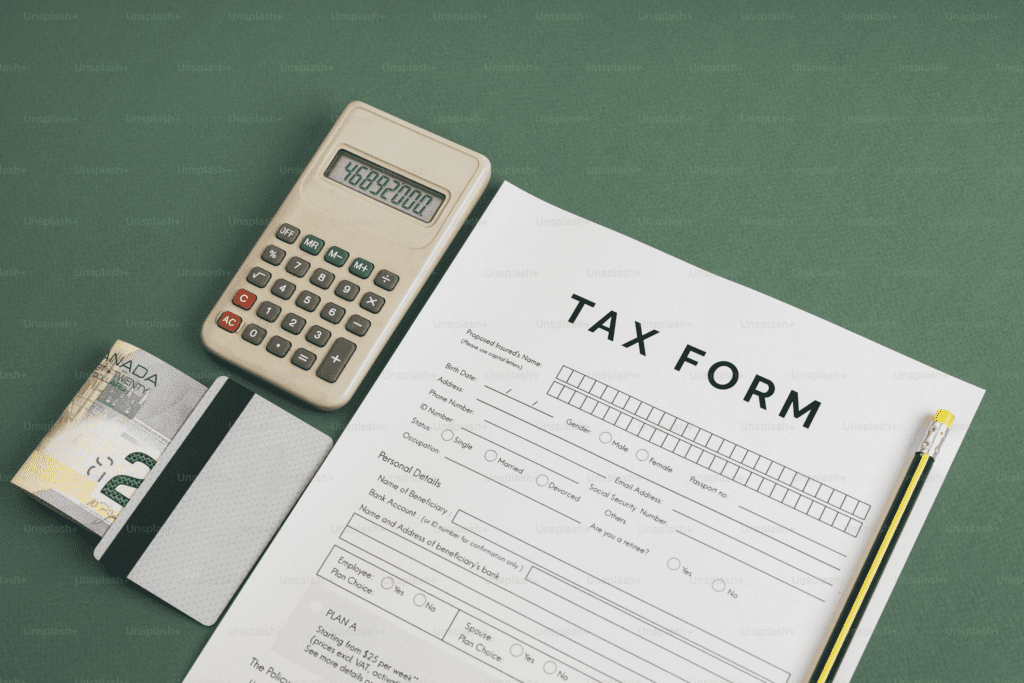Paying taxes is an important responsibility for every US citizen. While most people use a bank transfer, check, or direct deposit, some consider using a credit card to settle their tax bill. This option can provide financial flexibility and even offer rewards. However, it also comes with additional costs, including processing fees and potential interest charges.
Before deciding to pay your taxes with a credit card, it is essential to understand the benefits and drawbacks. In this article, we will explain whether you can pay your taxes with a credit card, how much it costs, and the pros and cons of this payment method.

Can You Pay Taxes with a Credit Card?
Yes, you can pay your taxes with a credit card in the US. However, it may not always be the best choice.
When you use a credit card, you must pay a processing fee, which is a percentage of your total tax payment. This fee depends on the payment processor you choose.
The IRS allows a limited number of card payments based on the type of tax and the payment amount. Therefore, if you plan to use a credit card, make sure you understand the restrictions before proceeding.
What It Costs to Pay Taxes with a Credit Card
If you decide to pay your taxes with a credit card, you will have to pay a processing fee. The IRS works with third-party companies that handle credit and debit card payments. Each company charges different fees.
Processing Fees for Credit Card Payments
There are two main payment processors approved by the IRS:
1. Pay1040.com
- Credit card fee: 1.75% of the payment (minimum $2.50)
- Personal debit card fee: $2.15
- Corporate debit or credit card fee: 2.89% of the payment (minimum $2.50)
- Accepted cards: Visa, Mastercard, Discover, American Express
2. ACI Payments, Inc.
- Credit card fee: 1.85% of the payment (minimum $2.50)
- Personal debit card fee: $2.10
- Corporate debit or credit card fee: 2.95% of the payment (minimum $2.50)
- Accepted cards: Visa, Mastercard, Discover, American Express
These fees may seem small, but they can add up quickly if your tax bill is high. For example, if you owe $5,000 in taxes and use a credit card through Pay1040.com, you will have to pay an additional $87.50 in fees.
Pros of Paying Taxes with a Credit Card
Using a credit card to pay taxes has some advantages, but they depend on your financial situation and how you manage your credit and investing.
1. Earn Credit Card Rewards
Some credit cards offer rewards like cashback, points, or travel miles on purchases. If your credit card offers at least 2% cashback or points, you may recover part of the processing fee.
For example, if you owe $1,000 in taxes and pay through Pay1040.com, the processing fee will be $17.50. However, if your credit card offers 2% cashback, you will earn $20 in rewards. That means you make a small profit of $2.50 after covering the fee.
If you owe a larger tax bill, you may earn enough rewards to justify the processing fees. However, it is important to check if your credit card provides sufficient rewards to offset the costs.
2. Get Extra Time to Pay Your Taxes
Using a credit card can give you more time to pay your tax bill. If you do not have the full amount available in your bank account, paying with a credit card allows you to delay the payment until your next billing cycle.
If you pay your credit card balance in full by the due date, you can avoid paying interest. This can be helpful if you need a little more time to organize your finances.
3. Meet Credit Card Spending Requirements
Many credit cards offer welcome bonuses if you spend a certain amount within the first few months of opening the account.

For example, a credit card may offer a $200 bonus if you spend $500 within three months. If you use the card to pay taxes, you can quickly meet this spending requirement and earn the bonus.
Cons of Paying Taxes with a Credit Card
While there are benefits to paying taxes with a credit card, there are also some serious drawbacks.
1. High Processing Fees
The biggest downside to paying taxes with a credit card is the processing fee. Even if you earn credit card rewards, the fee may be higher than the rewards you receive.
For example, if your tax bill is $10,000 and you use a credit card with Pay1040.com, you will pay a $175 processing fee. Unless your credit card offers higher rewards, you could lose money.
2. Interest Charges if You Don’t Pay in Full
If you do not pay your credit card balance in full by the due date, you will have to pay interest. Most credit cards have high-interest rates, which can make your tax payment much more expensive.
For example, if you owe $5,000 in taxes and do not pay it off immediately, you could end up paying hundreds of dollars in interest over time.
3. Possible Impact on Your Credit Score
Using a credit card for a large tax payment can increase your credit utilization ratio. This is the percentage of your total credit limit that you are using.
A high credit utilization ratio can lower your credit score. If your credit score drops, it may affect your ability to get loans or credit in the future.
Bottom Line: Should You Pay Taxes with a Credit Card?
Paying taxes with a credit card is an option, but it is not always the best choice. While you can earn rewards and get extra time to pay, the processing fees and potential interest charges can make it an expensive decision.

